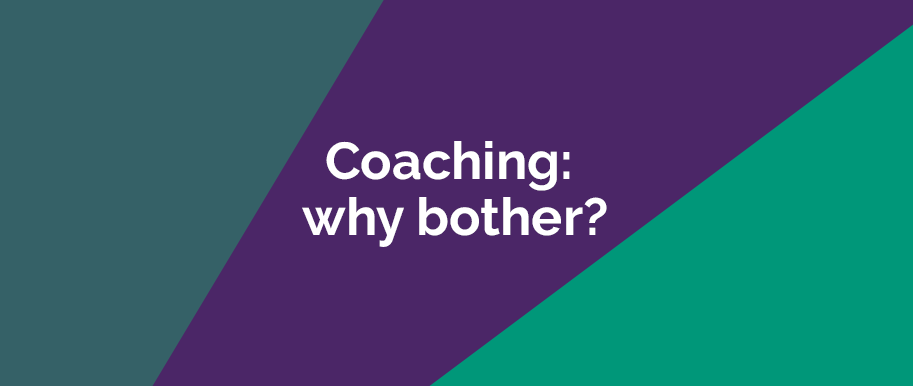You run from meeting to meeting, from conference call to customer visit. In between all that you’re checking emails on your phone, preparing reports, maybe grabbing a sandwich for lunch, if you’re lucky. A coaching session is just another item for your already overcrowded calendar. What if coaching could deliver faster results, more effective outcomes and take much less time?
For many business leaders the more traditional coaching pattern works excellently. By traditional, we mean coaching sessions that are delivered roughly once a month, for an hour or two at a time over a fixed period, often six months. However, we often meet individuals for whom this method of coaching just doesn’t work. These are usually senior business leaders tackling thorny issues which require immediate attention: they simply cannot wait six months to work through the problem and find a solution. So, what can businesses do when traditional coaching doesn’t work?
Intensive coaching: not just for the Special Forces
The term ‘intensive coaching’ might sound like something a member of the Special Forces would have to endure, but the intensity refers to the timeframe: it certainly is not an inquisition. Intensive coaching takes place over a period of hours, not months, perfect for problems that need fixing yesterday. It takes place in one sitting, often a half or whole day, and immerses the individual and coach in the issue. The crucial element with intensive coaching is the environment in which it takes place. Most coaching happens at the coachee’s place of work. Intensive coaching takes place away from the office, so that the individual is freed from distractions and physically distanced from entrenched habits and thought patterns that are associated with work.
Intensive coaching could take place on a walk in a local park, the Peak District, along the coast, or through a forest, depending on the individual. The coachee is not just encouraged to problem solve but to spend time reflecting while taking in their surroundings. According to Kaplan’s Attention Restoration Theory, spending time in natural environments improves focus, meaning clearer thinking can happen. The sensory experience that comes with being outdoors, the sights, sounds, and sensations, can then be recalled at a later date and the solution remembered and implemented.
Why bother with intensive coaching?
A whole day is a big ask. When you’ve a million and one things to do the idea of taking time away from your desk can feel daunting. Even half a day is a considerable commitment. In our experience, and from what our clients tell us, intensive coaching is less taxing, more productive and, as one client put it, even feels less adversarial than coaching that takes place in a meeting room.
By building time for the individual to reflect into the actual coaching session, the onus is removed from the coachee to undertake their own reflections afterwards – something that can be overlooked as busy senior leaders head straight into another meeting. The act of walking itself is therapeutic, and studies have shown that exercise improves cognitive function, meaning clearer, more focused thought and meaningful breakthroughs.
The one thing that all of our clients report, is that walking side by side with the right coach removes the pressure that can be felt when sitting face to face in a room: they don’t feel compelled to answer questions immediately, giving them time to consider their response and answer more thoughtfully. The session becomes a productive conversation, not a code-breaking exercise against the clock.
So, what will your leaders get out of intensive coaching?
Intensive coaching means giving up a day in the office and the benefits far outweigh the costs, according to our clients that undertake this style of coaching with Farscape. The trade-off means faster results, delivered here and now, not in six months’ time. Clients report that they experience more significant breakthroughs that they would have missed out on, had they been sat across from the coach in their office.
There’s a commercial advantage to intensive coaching too. Where a typical coaching scenario over a number of months would cost into the many thousands of pounds, intensive coaching delivered over a half or a whole day costs a lot less. Faster results for a fraction of the cost; if you or your senior leaders are tackling an issue that needs immediate attention, perhaps it’s time to consider intensive coaching.
